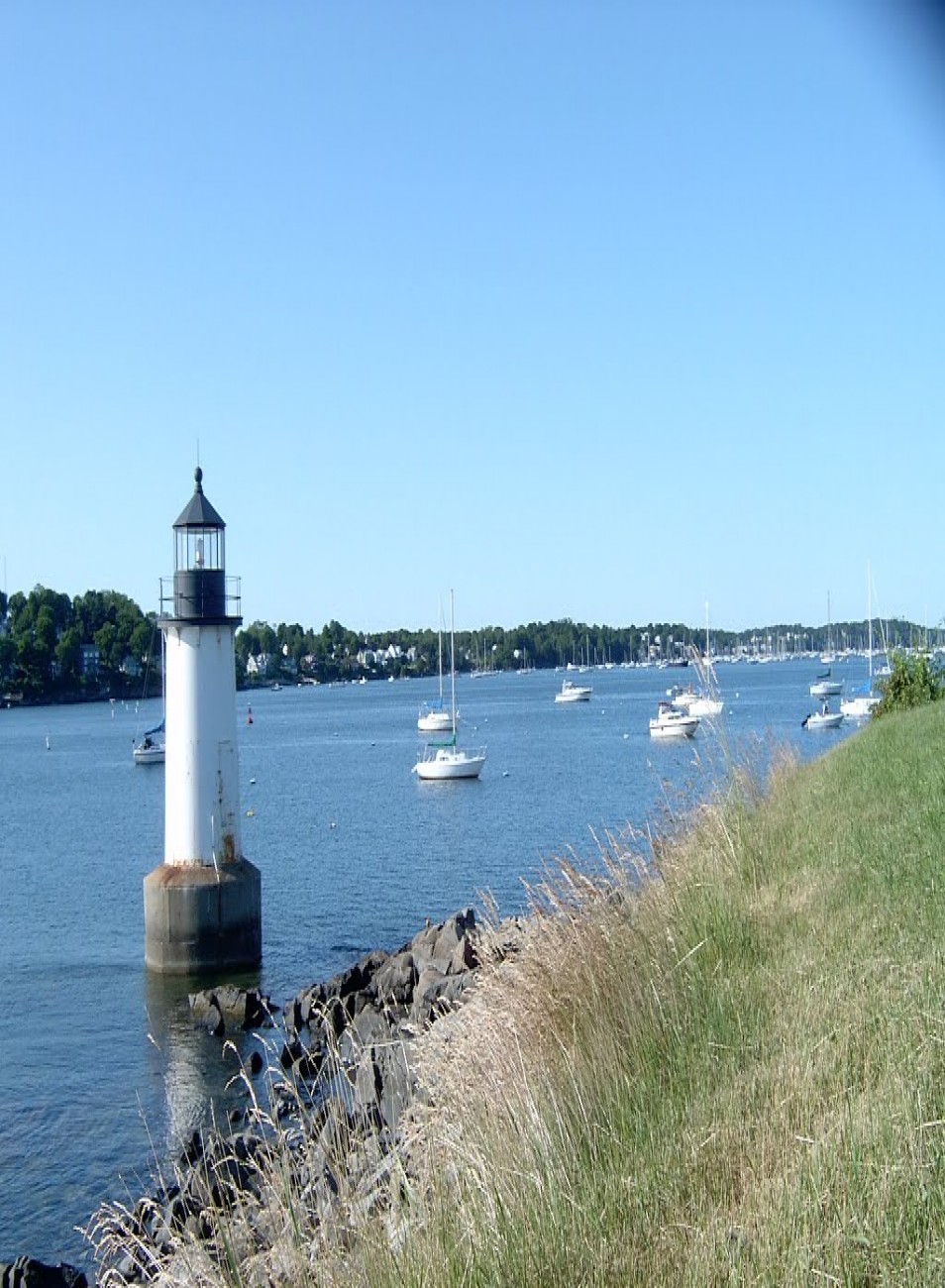Welcome to the webpage for Dr. Roopika Risam’s ENG 718 – American Literature of the Sea course at Salem State University. This Summer 2015 graduate institute is scheduled for the week of July 20th. We will meet in Meier Hall 249E Monday-Friday, from 8:30am to 4:30 pm.
On this page, you’ll find online and downloadable versions of the syllabus, daily schedule, reading list, and assignments for the course. You can also sign up to lead discussion, access guided questions to focus your reading, and download assigned articles.
Faculty Course Description
Throughout the Americas, for many centuries, the ocean has been a site of encounter, cultural transaction, and adventure. This week-long institute examines how waterways have shaped the history of modernity, how writers have represented and negotiated this history, and how the ocean has become a category of analysis within literary scholarship, complicating how we understand race, gender, sexuality, migration, and resistance. Literary texts to be read in preparation for the institute may include Herman Melville’s “Benito Cereno” (1855), Maryse Condé’s I, Tituba: Black Witch of Salem (1986), Charles Johnson’s Middle Passage (1990), Patricia Powell’s The Pagoda (1998), Le Thi Diem Thuy’s The Gangster We Are All Looking For (2003), and Amitav Ghosh’s Sea of Poppies (2008). We also will read short excerpts from theoretical texts about oceans; these may include Paul Gilroy’s The Black Atlantic (1993), Elizabeth DeLoughrey and George B. Handley’s “Towards an Aesthetics of the Earth” (2011), and Hester Blum’s “Oceanic Studies” (2013). Together, as we discuss the reading, we will examine multimedia representations of the ocean, including Afrofuturist electronica, clips from Steven Spielberg’s film Amistad (1997), and excerpts from the new literary classic Emoji Dick, Melville’s iconic whale tale translated into Japanese emoticons. 🐳 👍 Additionally, the institute will introduce students to digital humanities – a cutting-edge area of literary studies that engages with computing and new media – as we consider how digital archives and maps shed new light on the texts we have read. Students will be responsible for leading discussion, contributing to a collaborative digital project, and writing a reflection paper due after the institute is over.
